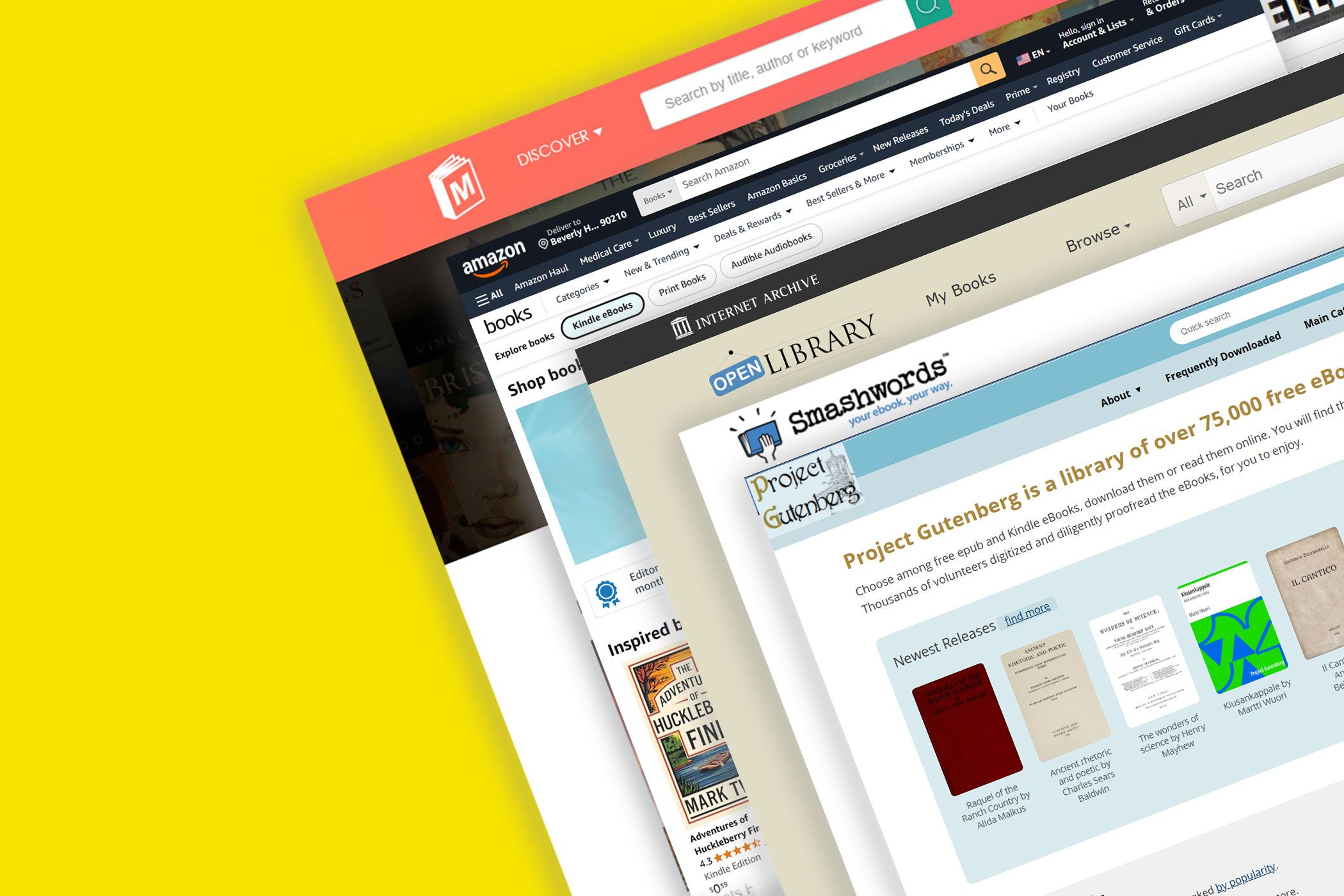Now Reading: Unlimited Free Books Online: Top Sites to Know
-
01
Unlimited Free Books Online: Top Sites to Know
Unlimited Free Books Online: Top Sites to Know

Speedy Summary:
- The article highlights ten legitimate websites offering free ebooks for Kindle and other devices without requiring piracy or registration.
- Project Gutenberg: Features over 75,000 public domain works in formats like EPUB, Kindle, PDF, and plain text. Known for its collection of classics from Dickens, Austen, and Mark twain.
- Open Library: operated by the Internet Archive with millions of titles available to borrow digitally through a free account. offers features like Reading Goals and Virtual Library contributions.
- ManyBooks.net (partial mention): Promotes accessible free ebook downloads structured around user-friendly interfaces.
images include visuals of Project Gutenberg (Image) and Open Library (Image) platforms.
Indian Opinion Analysis:
Access to free literary content via global resources like Project Gutenberg or Open Library holds clear significance for Indian readers across demographics. India’s diverse population – including rural areas with limited library infrastructure – could benefit tremendously from such platforms as they democratize education and cultural access across socioeconomic boundaries. With rising smartphone penetration in India coupled with an increased emphasis on e-learning post-pandemic, these platforms can complement national initiatives aimed at improving literacy rates under schemes such as “Padhe Bharat.” However, further awareness efforts may be needed locally to ensure broader adoption among non-English speaking populations who might find navigating these sites relatively challenging.
Read more at Project Gutenberg | Open Libraryquick Summary
- ManyBooks: Offers a curated collection of free books in multiple genres with deep categorization; intuitive interface for discovery. Features include a recommendation engine suggesting similar titles and support for multiple reading formats. Books are available in several languages, making it a resource for language learners.
- Google Play Books: Focuses primarily on paid bestsellers but offers some free books (classics and occasional promotions) that require filtering through search results. Syncs across devices with bookmarks and notes preserved; notable integration with other Google services creates convenience for existing users.
- Amazon Kindle Store: Provides access to thousands of free books, including public domain classics, indie works, and promotional releases from publishers-requires an Amazon account to download directly to Kindle or app-integrated devices. Strong recommendation system suggests related titles based on user preferences.
- Wikibooks: An open-access platform providing free books across various categories created collaboratively by contributors (image unavailable in source).
Indian Opinion Analysis
India’s growing digital literacy coupled with increased smartphone penetration positions platforms offering free e-books as valuable tools for democratizing knowledge access nationwide. Services like manybooks could complement Indian aspirations by supporting multilingual content that caters to diverse linguistic groups across the country-an crucial factor given India’s cultural diversity.
Platforms such as Google Play Books may resonate well within urban India due to widespread adoption of Google’s ecosystem services, while the Amazon Kindle Store aligns strongly with affluent consumers likely already integrated into Amazon’s systems.
For economically disadvantaged communities seeking affordable learning resources or entertainment opportunities online, initiatives similar to Wikibooks might prove transformative if tailored towards regional languages or localized academic needs.
Balanced development observation suggests leveraging these resources more broadly alongside governmental efforts aimed at boosting education could yield long-term benefits for india’s techno-literacy goals.
Read more here.Quick Summary:
- Wikibooks: A collaborative project under Wikipedia offering free, open-source textbooks and reference materials across diverse subjects such as science, math, languages, history, programming, and practical skills. Quality varies based on volunteer input but popular topics receive regular updates. Beneficial for students unable to afford expensive textbooks.
- Free-eBooks.net: Provides access to five free downloads monthly upon registration with optional premium upgrades for unlimited access. The library includes a mix of romance, thrillers, self-help books, business guides, genre fiction from indie authors and established names. Various download formats are available for wider device compatibility. User ratings help identify worthwhile reads amidst quality variations.
Indian Opinion Analysis:
The increasing accessibility of free knowledge resources like Wikibooks and Free-eBooks.net holds significant potential for Indian users across age groups and professions. with a robust education system striving to bridge affordability gaps in rural and urban areas alike, such platforms can complement learning frameworks by ensuring students have additional tools to master subjects beyond conventional curricula or expensive private tutoring options.
For authors in India’s burgeoning literary scene or small-scale educators creating study material tailored for Indian contexts (e.g., regional languages), Free-eBooks.net offers space alongside established writers while opening avenues globally online recognition directing’s keep alive equitable raises.tight-loop tighter tighter spaces eternal voorlopig.users leverage grassroots contextual stitch
Quick Summary
- Smashwords: Independent publishing platform offering self-published works across various genres. features include search filters for price, genre, user ratings, and free complete novels to help authors build readership. Provides support for multiple formats with chapter sampling functionality.
- Libby (OverDrive App): A library app connecting users to thier local library’s digital collection for borrowing bestsellers, new releases, and classics globally. Users need a library card number and ZIP code for access. Borrowed books can transfer directly to Kindle or be read within the app; no late fees apply due to automatic return dates.
- LibriVox: Volunteer-run audiobook platform featuring public domain titles recorded by individuals worldwide, offering multiple versions of classic works like Shakespeare and Dickens. Audio quality varies but is generally professional. Content is free to stream or download.
Read more here.
Indian Opinion Analysis
India’s push toward universal literacy aligns well with platforms such as Smashwords, Libby, and LibriVox as they democratize access to reading materials through affordable e-books and audiobooks. Platforms like Smashwords enable aspiring indian writers-especially in regional languages-to publish independently without hefty production costs or traditional publishing barriers.
Libby’s global library network could benefit urban Indian readers immensely if integrated with local libraries’ efforts toward digitization; though, ensuring the availability of popular titles may require collaboration between publishers and libraries in India.
services like LibriVox make timeless literary treasures accessible even in underserved areas where print availability might be limited-encouraging both cultural preservation and greater engagement among India’s youth population through audiobooks.























